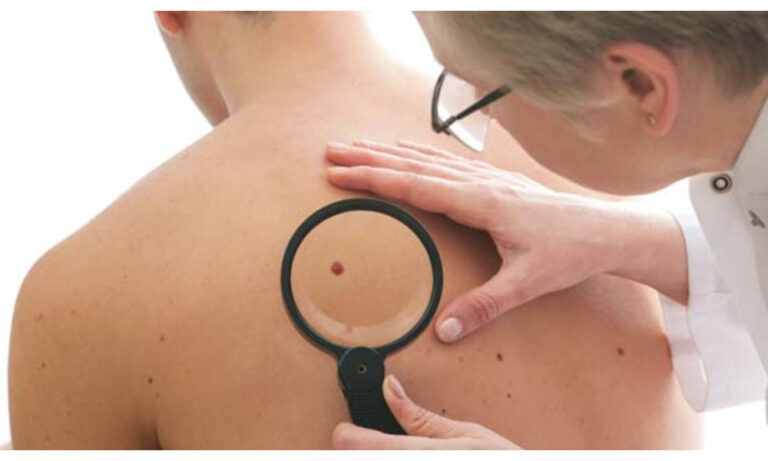
Lingual braces are a substitute for conventional fixed braces, which are concealed behind the teeth.
Since their inception in the 1970s, lingual braces have advanced significantly. What was once deemed cumbersome and ineffective is now one of the most discrete alternatives available, easily surpassing Invisalign! Not only that but due to the evolution of technology, they also produce remarkable results. Get dental care in Brookline.
Advantages Of Lingual Braces
They are almost nonexistent! Because they are affixed to the back of your teeth and have no visible metal wires or brackets, they are the pinnacle in discreet braces – some of the patients go through their entire procedure without anyone noticing they are wearing them. They constantly align your teeth! Because lingual braces are bonded to the teeth, they remain in position for the duration of the treatment. This means you do not have to bother about wearing them for a certain number of hours each day, as they are always operational.
Additionally, it renders them unbeatable. They can treat both mild and severe orthodontic conditions! Lingual orthodontics is ideal for extremely crowded teeth, spacing issues, and crooked teeth. Additionally, for uncomplicated issues and less severe complaints. Doctors even offer lingual braces designed to straighten only the front teeth in a brief period of time! Your grin has changed! As brackets and wires do not conceal the results of lingual orthodontics, you can observe the transformation of your teeth.
Disadvantages of lingual braces
Lingual braces are by far the most expensive option because the brace itself is more costly. Lingual orthodontics also requires specialized clinicians who endure extensive training to learn the technique, and because they are less accessible than traditional braces, adjustment appointments take longer. You must change your eating patterns!
With a lingual brace, you must modify your eating habits and avoid foods that could dislodge a bracket. If a custom-made bracket comes off, your dentist will need to arrange for a replacement, which could lengthen your treatment.
In addition, you will have to pay special attention to your cleansing and cleaning routines. They might require some adjustment! With the addition of braces to the rear of your teeth, you may experience soreness and tongue irritation for the first week. It should improve each day, and your dentist can also provide you with a special lubricant to apply to any irritating sections of your brace. You could come up with a dialect after having the device installed. Again, this should not last more than a few days, and your dentist can provide adjusting recommendations. The problem should be resolved faster the more you discuss it.




